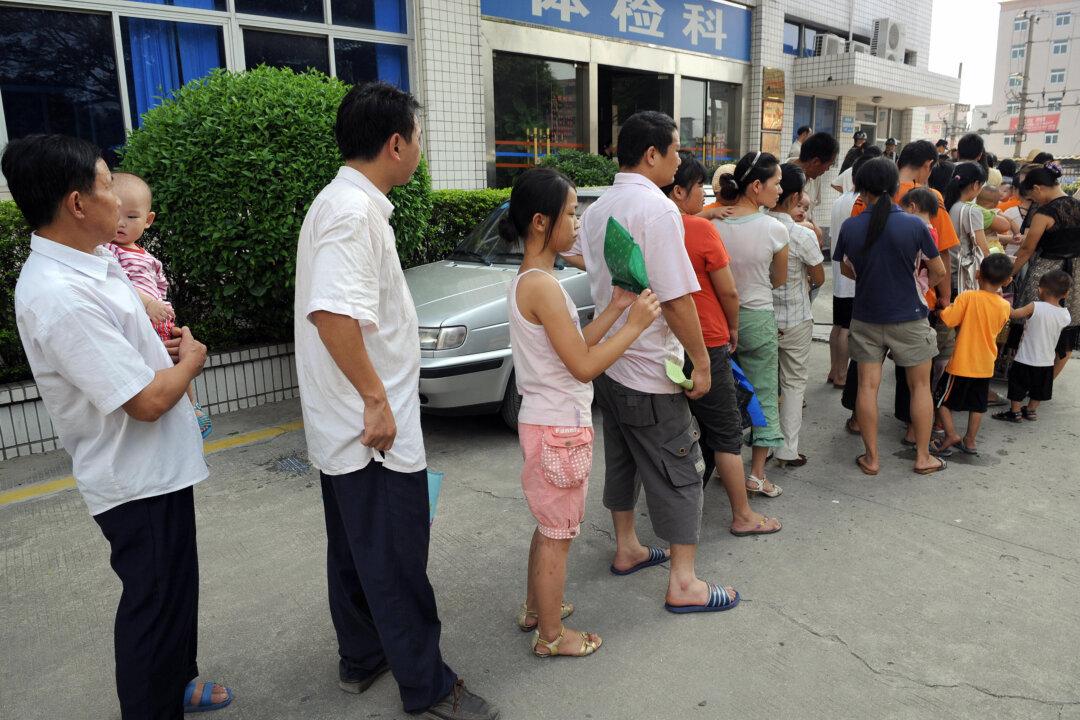The CEO of iKang Healthcare Group exposed fraudulent practices in China’s medical screening industry at the Chinese Business Leaders Annual Meeting in Beijing on Dec. 2.
“Some physical examination centers did venipuncture, but presented a fake result without any detection … Many centers allow their nurses to take on the role of doctor,” said Zhang Ligang, CEO of Nasdaq listed iKang Healthcare Group.





